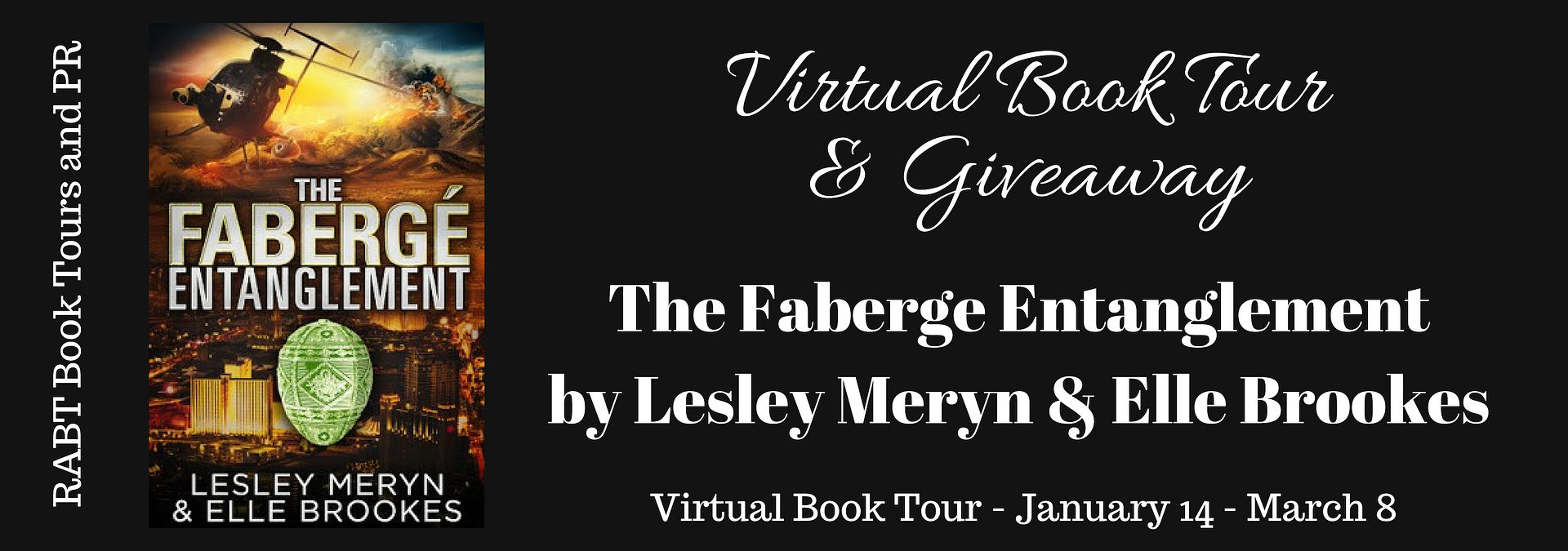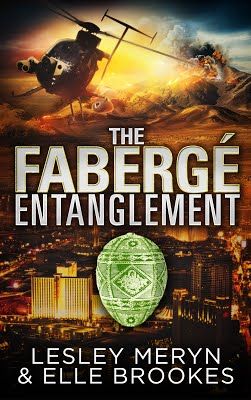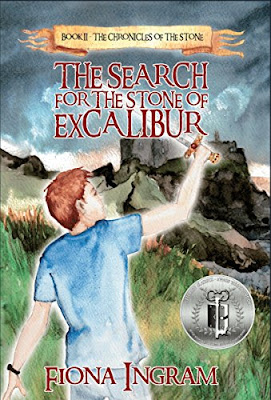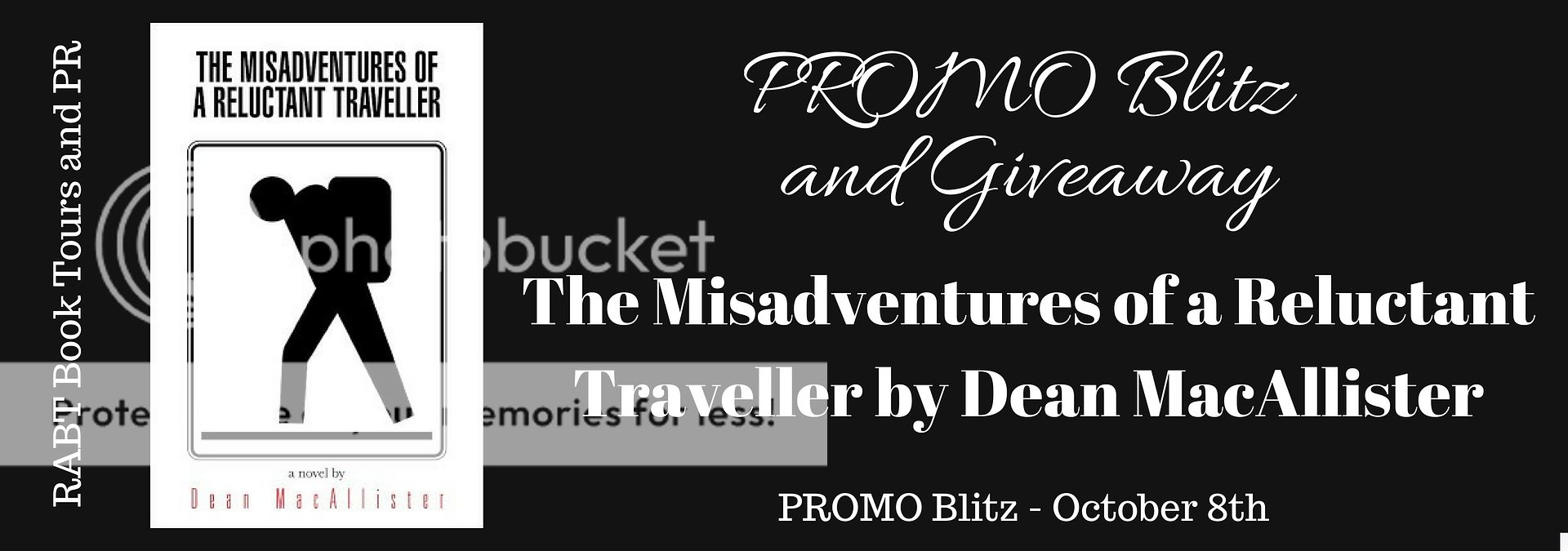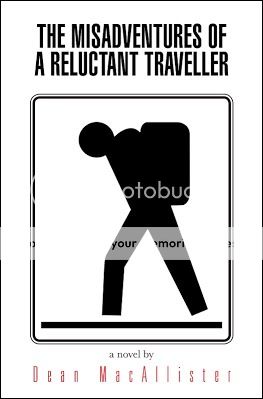Date Published: September 30th
Publisher: Up and Up Media
“Imagine not being able to sleep without worrying about which country you will wake up in…”
Tagden Fitts has a problem, besides his name. His sleepwalking self is a traveler; a past-time he would rather avoid and his travels are beginning to take over his life. Destroying any chance of a real relationship or career, he spends his time chasing after his own body, dreading the night when he will finally wake up in a situation too deep to handle.
“I wrote this story trying to imagine a character completely different from myself. Someone who hates travel, but is thrust into it without choice.”
CHAPTER THREE
In a dark and dusty house in Vancouver, McKay is on his third beer even though it’s only around 7:00 a.m. What does time matter though when you have insomnia from pain and you’re on a disability pension? To McKay, it doesn’t. Days blur into each other and what the sun and moon do is their own business. What does he care?
The disability pension keeps him alive at least, gives him enough to eat and pay bills, plus buy a few beers, but it doesn’t give him enough to really live. He has a decent amount of cash in the bank, but he’s willed that to a charity for orang-utans and feels guilty dipping into that too much. He’d also bought this house before “The Day,” so he has a good spot to rot while the world forgets about him.
McKay looks at the door. The only thing out there for him is a pity. He wishes he had a speech impediment or a more subtle disability than his disfigurement, but he wasn’t given the option at the time of selecting. Maybe if he’d gotten married before “The Day” he would have someone to keep him company, but the truth is, he doubts she would have stayed, and even if she had… what kind of life would this have been for her?
He was glad that Monica had left when she did. It cleared any guilt he would have had to feel for her if she hadn’t.
McKay places the beer down on the table beside the laptop and continues with the game he is playing. At least this keeps him occupied and preoccupied. A few weeks earlier he’d had to get rid of his television because the infomercials were making him suicidal and there was less and less stopping him from making that life-choice every day. Probably the only thing that he’d put on his list of likes is chatting on-line with his friends around the globe.
He has a lot of chat rooms he likes to frequent, but his favorite ones are “I Can’t Sleep,” “Vancouver Cougars,” and “The Hunting Ground,” the latter a way to keep up with his old hunting buddies without them having to keep looking at the ground uncomfortably when they see him in person.
McKay finishes his beer and peels off the label, placing it in a pile beside his easy-chair on top of the bar-fridge, which he opens to crack open another beer. He notices there’s only one case left. He’ll have to do some online shopping later on, but for now, he’s content to play his games and talk to people he’s never met before, imagining what it must be like to live in their lives.
He sighs and leans back, surveying the room that will most likely be his crypt. He wonders how long it will take before they find his corpse when he finally gives up and exits this game, one that he no longer sees as fun. He’s heard of cases where it’s been months before people were found dead in their homes—in some cases their pets had eaten parts of their remains, leaving a nasty surprise for the first person to stumble on the scene. This is the main reason McKay doesn’t want a dog. He doesn’t want to be The guy who was eaten by his dog after he died, but rather The heroic ex-firefighter who had saved many lives but finally took his own.
Actually, he’s kind of looking forward to his death. At least people will remember him for what he was, not for what he has become. Like most people, he’ll have many more friends after he dies than he’s had while living. He just has to choose a date to do it, and pray to God that nothing important happens on the same day, so he stands a chance of making the front page of at least one of the newspapers.
A few years ago he had moved all the furniture into the living room so that the two couches were on each of his sides, boxing him into a cozy nook. He could put everything within easy reach.
He only showers when he has to go out; too rarely. There’s enough space between him and the couch on his right for him to run off to the bathroom. He’d recline his chair to nap on the occasions when the meds kicked in and he could get in an hour or two before the pain from his old burns would wake him up.
The doctors tell him most of his pain is psychosomatic, as most of his nerves have ceased functioning, but this piece of academia doesn’t help him much. Even if they are feeding him placebos occasionally, which they could be, he needs that medication if only as something to do when the pain becomes too much.
With difficulty, McKay gets up, his legs asleep, to put some more wood on the fire. He does this religiously, no matter what the climate. To him, wood chopping is like a hobby. He’s good with an ax. In the Fire Department, you had to be, and he’d been known as a great firefighter even before “The Day.” The day that house had collapsed with him inside it.
Stretching, he looks up at the awards he’s gotten over the years and stares at the last one, the one he got after “The Day.” Is it ironic that the award is printed on the flammable material? He doesn’t know. But he’d gladly surrender reams of awards to be able to have a girl look at him again without flinching.
The room suddenly feels like a shrine and he smiles (something he finds difficult in more ways than one), as he realizes that he’s made it into one. The deer heads, photos of hunting trips, awards for work, trophies for previous sporting achievements—these are not for him, but for the people that will find him. His last pat on his own back. Even the scrapbook with all the articles about himself, lying open at its last page on the couch, is waiting for someone to put in the final news clipping about his death. That way, it’ll be an easy and complete document, to sum up his life for anyone who cares, be they researchers, book writers, or the stranger that will have to give his eulogy.
He doubts that anyone will contact any of his online friends and inform them when he does die, which saddens him a little. The closest people in the world to him are those he’s met in these chat rooms, including Foxy67, Night-Terrors Terry, and Somnambulist Tag. He’d even met a couple of them face to face a few times before. Obviously not Foxy67 though. He preferred not to shatter her illusion of him. Hell, a five-minute meeting with him and she’d spend the rest of her forties in therapy, and he’s sure she’d rather use them being out there, targeting younger men.
Sitting back down in his chair, McKay opens the little fridge to his left and takes out a large stick of salami and a steak knife and starts cutting off a few bites to eat. His eyes flick for the fifth time today to the rifle that’s lying on the couch to his right. Long, polished and loaded, it sits there reminding him of what he needs to do, like a wife nagging about the bins that need to be taken out.
“Yes, yes, I see you,” he says aloud. “I haven’t forgotten you for a second. Just be patient, it will be soon. I just haven’t said goodbye to my friends yet.”
He sighs again and decides that maybe he should stop putting it off. Just say goodbye to his friends as they come online. It’s been a slow news week. Now would be a good time.
Chewing on a piece of salami, knife in hand while staring at his rifle, McKay jumps as the green box behind his laptop starts to vibrate.
Terry Mien is in the jungle. But he is not Terry Mien. He is eleven years old and has a different name. His parents died recently and didn’t die well. He is on his hands and knees, digging frantically with his hands. His fingers are bleeding. He has really picked a bad spot. This ground is hard and he doesn’t have much time. The tears in his eyes are partly because he’s thinking of his parents, partly because he is thinking of his stomach, and mostly because he’s just plain terrified.
In the background, he hears screams and gunfire, which tells him that everything is normal in his world.
Terry’s breathing is hard and the day is hot, but it always is in this country. Not that he has ever seen another land to compare it to. This is the only life he has known but the horror is fresh daily, like the milk he once used to drink. He remembers all the foods and drinks he had grown up with and this only makes him sadder. Now his life only contains rice, water, and pain.
His hole is nearly deep enough, maybe two inches. He hears the men coming. They aren’t very subtle, these men (and they aren’t always men), as they come through the foliage, hacking at anything in their way. Their machetes are blunt and stained, well used and threatening.
The boy quickly reaches into his pocket and takes out the item he needs to bury; his reading glasses. Despite the immediate threat to his life, he hesitates for a second, remembering how much his parents had gone through to buy these. Luckily for him they had fit well on his nose and hadn’t pinched, otherwise, he would have the tell-tale grooves on the bridge of his nose. His hands are still sore from rubbing them hard on trees, to make them look like the hands of a boy familiar with hard work.
He drops his glasses into the hole as he catches sight of the first of a large group of people hacking their way towards him and pushes the dirt down hard. He has no time to push some leaves over the dirt, for the first person in the lead spots him and yells to the rest of his group. The rest of the group rush over behind the first, a few, like the leader, holding rifles with bayonets, the rest running up with their machetes raised.
The boy has no way to escape and even less chance of defending himself as they approach, weapons raised, towards the bush he’s hiding behind. Terry is dizzy with terror, but he knows what he must do. He pulls his shorts down and pushes out a pitiful turd on the spot he has just dug.
Pushing aside the bush with his bayonet the leader is disgusted at what he sees and yells to the others to come over and look. They gather around, lowering their weapons and they all break into laughter. They point at his small penis and make fun of him. The boy just sits there with his head down, hoping that his secretion would keep them from looking around the area and discovering his fatal secret.
The man in the lead puts his bayonet under the boy’s chin and forces him to raise his head and look at him. Staring at his face, Mien realizes that this man is just a boy—maybe only a few years older than himself. He is sweating hard and the red rag tied around his head is saturated. His eyes are dead, a sure sign that, like everyone in this country, his mind has seen too much that it shouldn’t have.
“This is a fortunate day for you kid,” the boy-soldier says. “You might even wake up tomorrow. They gave me a chance—they let me live. All I had to do was kill my parents and now I am a soldier, a leader. Do you have any family?”
“No, they all died of hunger,” the boy replies, his only lie being the way in which his family had died.
By pure coincidence the boy-soldiers stomach starts to rumble, making his face soften a little. “We’re all hungry man, but we’re still alive. Join us and live.”
The soldier reaches into his pocket and pulls out a red scrap of cloth, which he offers to the boy, hand outstretched. Mien stares at the hand with the cloth in it. His eyes move upwards to the gash in the boy’s arm. It must have happened recently, maybe even this week, and it doesn’t seem to be healing. Most wounds don’t in this weather. He wonders if this boy is going to end up losing his arm, but then realizes the only way that’s going to happen is if there are any doctors left in the area to make an amputation. This, he doubts. This boy has no chance.
Then, something strange happens. The breeze stops. The soldiers stop moving. Everything just sort of, stops. Terry looks around. Nothing in the jungle is moving and none of the soldiers even seem to be breathing. A snap of a branch behind the soldiers tells him someone’s approaching and Terry is relieved to see it is his dead mother.
She walks up behind the soldier who still holds out the red rag and she puts her hand on his shoulder while staring at Terry. She stands still for a while, unblinking and a fly lands on her eyeball, which she pays no attention to. The jungle continues to hold its breath.
“He does die and soon, but he dies with his arm still attached,” she says quietly. “He and some of these boys get too brave and go to the border, looking for a fight with the Vietnamese. These boys are untrained and starving and they get cut down without much of a fight. None of us really had much of a chance, but some of us survive, like you. I hope you live to deserve it.”
“I miss you, Mother,” he says, wiping the tears from his eyes. As he does, he now sees that she has a plastic bag over her head, which has been tied on with some electrical wire around her neck. Her breath takes the air out of the bag, the condensation making her face disappear from view.
“I miss you too, child,” comes the voice from within the bag, and his mother’s tears start to fill the bag, making it hard to tell whether she’ll suffocate, or drown from her own sadness.
Terry can watch no more and he puts his head in his hands, sobbing.
The acoustics around him suddenly change and he hears children laughing. He raises his head and sees a bunch of children running around and playing on the other side of a barbed wire fence. It seems like it’s a schoolyard, and Terry, whose name is once again Terry, isn’t crying anymore. He shouldn’t cry in public anymore. He’s a forty-year-old man and he should act his age. He’s a lot taller now, nearly five-foot-ten, and the kids seem so small and innocent. He can’t believe happiness has returned to these parts. He’d believed the extremeness of what happened here would burn the earth and scar every generation to come, but it seems like things are moving on, maybe even progressing.
A smile comes to his face as he watches a girl chasing a boy around on the other side of the fence and he turns around to get back to what he was doing. Staring at the six-story-high pile of skulls, he goes back to analyzing each one of them.
The girl beside him is young, with a big smile, and she looks pretty in her flight-attendant outfit.
“Welcome back Mr Mien,” she says with her professional smile. “Is this business or pleasure?”
“I don’t know,” Terry answers.
“You have to answer sir, or we can’t let you in.”
“One of these skulls belongs to my mother.”
“So then, we’ll list your visit under pleasure,” she says, still beaming.
“Really? You sure that you don’t have any other options on your sheet?” Terry says, surprised. “I mean this is so far from the pleasure that it’s almost business.”
“But you don’t have a business visa.”
“Fine!” he shouts. “Write whatever you like, I don’t care!”
Her smile falters and her words are firm. “Sir, I’m going to have to ask you to lower your voice.”
“Sorry, this isn’t your fault,” Terry says, trying to calm down. He takes a step back. As he does, he feels something under his heel snap and he looks down to see a piece of broken bone sticking out of the ground, with clothing still attached. He looks back up at the skull-tower and curses. Now he’ll have to start again.
“I can help if you like,” the girl says, stepping forward and studying the polished, nameless pieces of the people who used to live here. “Hmm.” Her smile comes back. “If I was your mum’s dead, empty cranium, where would I be? Do you remember what her skull looked like?”
“No,” Terry replies. “I never saw it.”
“Wait a minute, I think I found it. That one there,” she says, pointing upwards.
“Which one?” Terry covers his eyes with his hand, trying to block the sun.
The girl groans in annoyance and reaches into her pocket. She pulls out a small, red balloon and throws it at the tower. It hits a skull about a couple of meters above her head and the balloon explodes, covering a skull in dripping, thick, dark red liquid.
“That one!” she says, obviously proud of herself.
“Ah,” he says and stares at it, trying to recognize if it seemed familiar.
The skull, dripping red, slowly starts turning to face him, its teeth scraping on the skull below it, making a horrible grinding sound. Its sockets are empty, but they are staring back at him.
Terry wakes up screaming, wrapped in his sheets. He grabs his chest and his head spins with adrenalin. He tries breathing but feels winded and it takes what feels like a decade for him to slow his heart, take deep breaths, and realize where he is.
His sheets are soaked with sweat, his pillow with tears. He sits on the end of the bed and breathes quietly, fighting to get control of his mind and body.
Turning his head, Terry looks at the alarm clock. It’s nearly 7:00 a.m.
At least it isn’t midnight, he thinks. He never gets back to sleep after one of these dreams. If dreams are what you call them. His doctors always referred to them as night-terrors, but unfortunately, besides having a name for it, the doctors didn’t seem very useful.
He’s run out of sleeping drugs again and it’s killing him. Unfortunately, most doctors are reluctant to hand out prescriptions for the drugs he needs unless he has physical pain. Even the dodgy doctors seem to give him a look, before telling him they’ll only help him out once.
He gets up, walks to his lounge-room in his boxer shorts, and crashes onto his leather couch, wishing it wasn’t leather as he sticks to it. This room he’s in is massive. The whole apartment is roughly the size of a large house and the views are incredible. The front windows all stare out at the Persian Gulf, while the back rooms look out over Dubai. He’s been here a while with wealth rolling in. Real money. Oil money. Long way from being the poor, useless boy he’d grown up as.
People in this area knew him. Anyone looking at him, his place, his job and the way he dresses, would think that he is successful. He doesn’t know, though, what that word is supposed to mean. To most people, he’s met successful seems to mean someone who makes a lot of cash. To him, however, the word means succeeding in all areas of life, and this is not the case with him.
Terry looks over to the pictures near the window. His daughter is smiling so happily that it can only be the smile of a child. His wife in the picture next to it is holding their daughter and she, too, has a smile on her face. He wonders how tall his daughter is now. He wonders how his wife’s jaw reconstruction went. He also wonders about which sex his other child is. The one he’s never met.
His nightmares have taken everything away from him. Well, nearly everything. He still has his millions. He still has this apartment too, for the time being, but once his cash runs out, and it will, he’ll have to sell this place and leave this country. He doubts that he’ll be able to find many more architectural jobs in this country after this contract ends. All that’s left to do will be the editing and printing out of the As-Builts, which his partner will probably end up doing, and then he’ll be on his own. Construction is slowing down.
He isn’t old enough to retire.
He doesn’t like sea travel, always sick on the yachts of his workmates.
He has no idea what the rest of his life might offer, but he’s sure it isn’t anything to look forward to.
Terry opens up his laptop to see whether McKay is online. He usually is. Terry types out a greeting and tells his friend that he hopes he is in good spirits. He also tells him the parts he can remember from his dream and how much he misses his family. He signs off after letting him know that he is okay, and that a walk on the beach will probably cheer him up. He closes the laptop and leans back. Time to get the day started.
After changing his sheets, showering and having some breakfast, Terry goes for a walk on the beach, as promised, and along the way waves back to all the rich people who recognize him. Young people run into the water as the day starts to heat up and he’s glad that there are those out there still enjoying their lives, if only for the present time.
He has lunch at one of his favorite spots and afterward goes into a cinema to catch any film that happens to be playing. He then wanders through some of the upper-class shopping-centers, content with the fact that he can afford anything here they have—happy that he wants none of it. By the time he gets home, it’s late afternoon and he sits down to a pizza and a glass of a Chilean Syrah.
The house is silent. He leaves the lights off. The only light in the room is coming through the curtains. He’s thinking of his future, halfway through a slice of Mexicana, when the green box under the television breaks the peace and starts to vibrate. He walks over to it and picks it up, surprised that it’s doing what it’s doing. It’s been a long time since he was needed by someone. He pushes the red button to stop the vibrating and then walks over to his laptop, pulls out the USB cable from the green box and plugs it in. So which one of the guys needs his help?
The fact that its Tagden doesn’t really surprise him, but what the hell is he doing in China again? Didn’t he say he hates it there?
Despite his confusion, Terry is thankful for the distraction. He goes into his room and gets out his suitcase.
Tina is bored. She wonders if people in the nearby cubicles know she is bored. She groans out loud. Now they know that Tina is bored.
“What’s wrong Tiny?” the annoying redhead Steven in the cubicle behind her asks.
“Worry about yourself Steven, that groan was open for comment to everyone but you.”
Steven opens his mouth, smiling.
“And if you say anything about making me groan, I’ll have you up on harassment charges!” Tina fires at him before he can speak.
Steven’s mouth closes and his head disappears back down into his cubicle.
Just as his head disappears, two more appear on the other sides of her cubicle like a game of Whack the Bunny.
“What’s wrong Tina,” her friend Jana says, pityingly, “The Man got you down?”
“Need a hug?” her effeminate friend Jamal offers.
“Just wanted everyone to know that I’m bored. It’s quicker and more efficient to let you guys know by groaning, rather than electronically. I probably saved some trees and all.”
“We’re all bored babe, we just have to keep ourselves busy, that way the day goes quicker,” Jamal says.
“Why does the homosexual get to call you babe, but when I do—”
“Shut up Steven!” everyone says in unison, even people who weren’t involved in the original conversation.
Steven’s head disappears again.
“So what do you have planned for the weekend, girl?” Jana asks.
“Hmmm… well… Friday night I’ve got a date with a guy I’ve been wanting to go out with for a really long time.”
“Really? Go on, tell us a little more. What’s he like, then?” asks Jana, as both her and Jamal lean further over her walls.
“Well, I met him online ages ago and he called me the other day and wants to meet up. He’s Australian. He’s actually flying here just to meet me. He travels a lot.”
“Got a photo you can show us?”
Tina opens up a folder on her computer and double clicks on an icon. A picture of a handsome guy with a cheeky smile comes up. He looks like he is embarrassed to be in the picture, but the fact that he’d sent it obviously meant that he liked the way it turned out.
“Dreamy,” says one of her friends, but Tina can’t work out which one.
“He’s really funny, smart and has got stacks of interesting travel stories. He posts me some of the weirdest gifts too, I swear. I don’t know how some of them even make it here. Gifts from all the countries he goes to. He’s very sweet.”
“Awww,” her friends say in unison.
“What does he do for work?” Jana asks.
“Well… I guess you could say he’s an entrepreneur. He’s always traveling and he’s always got cash, so I guess he’s good at what he does.”
“Maybe I should get my gear from him,” Jamal jokes.
“He’s not a bloody drug dealer, you knob,” Tina snaps, biting on his bait.
Jamal and Jana both crack up laughing, which makes Tina go red in the face.
“Aw c’mon, we’re just joking,” says Jana, trying to pacify her, and after a second she lightens up a little and smiles.
Her friends’ eyes quickly dart around the office, looking for any sign of management.
“Anyway, I thought I asked you what you’re doing on the weekend, not just Friday,” Jana added.
“Well………..if Friday night goes well, I’ll probably have plans for the whole weekend,” Tina whispers.
“You slut!” Jamal whispers, and they all burst out laughing, trying unsuccessfully to keep it down.
“What? This guy might end up being a keeper. He’s got a very sexy, deep voice as well. I think this is the guy I’ve been waiting for. Someone to take me out of this cubicle and see the world. Paris, Tokyo, New York. Anywhere that isn’t here. I know it’s a bit early to say this, but I think I’m in love.”
Steven’s head pops up, but when he sees the look the trio is firing at him his head slowly sinks down again.
“I can’t wait to see him. I hope he calls me sometime soon. Friday is ages away.”
The three friends go quiet for a second, each in their own world. Violently loud, something behind Tina’s monitor begins to vibrate. They all jump. Tina peeks behind her screen and pulls out a green box which is reverberating like a screaming, new-born square alien.
“What the hell is that?” Jana asks, frowning.
“I forgot that I even had this!” Tina answers, staring at it, trying to remember how she’d gotten it and what it was for. Then it dawns on her. She remembers who had given it to her. She remembers the significance of it going off like this. She remembers what she was supposed to do.
“I remember now,” she says, her face no longer excited. “Some loser I used to go out with gave me this. He wants me to drop everything and go help him ‘cause he’s in trouble.”
Tina’s hand extends and she lets the green cube drop into the small metal bin next to her. “As if, Tagden,” she whispers, angrily.
Her metal bin vibrates violently, causing everyone in the area to stop what they’re doing and stare. She sits with her arms crossed, glaring at her monitor. Finally, she can’t take it anymore and she searches quickly through her bin, trying to remember if Tag had ever mentioned anything about how to turn the stupid thing off.
About the Author

Dean MacAllister runs a writer’s group in Melbourne, Australia. He writes novels and short fiction about the strange and unusual.
He loves to travel, scuba-diving, whiskey and once ate a tarantula. For more of his work visit Deanmacallister.com

